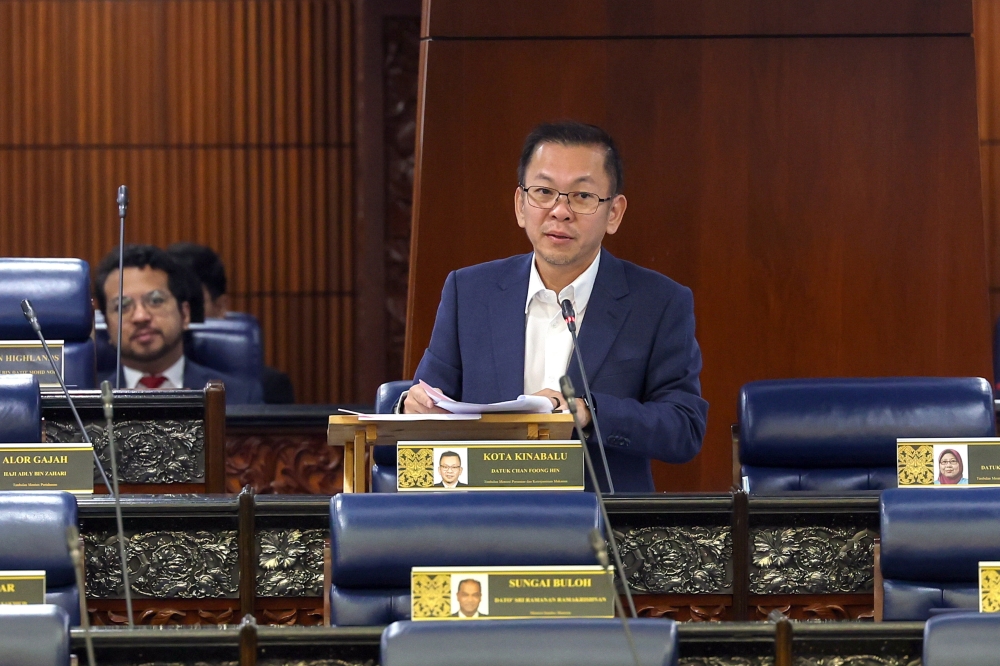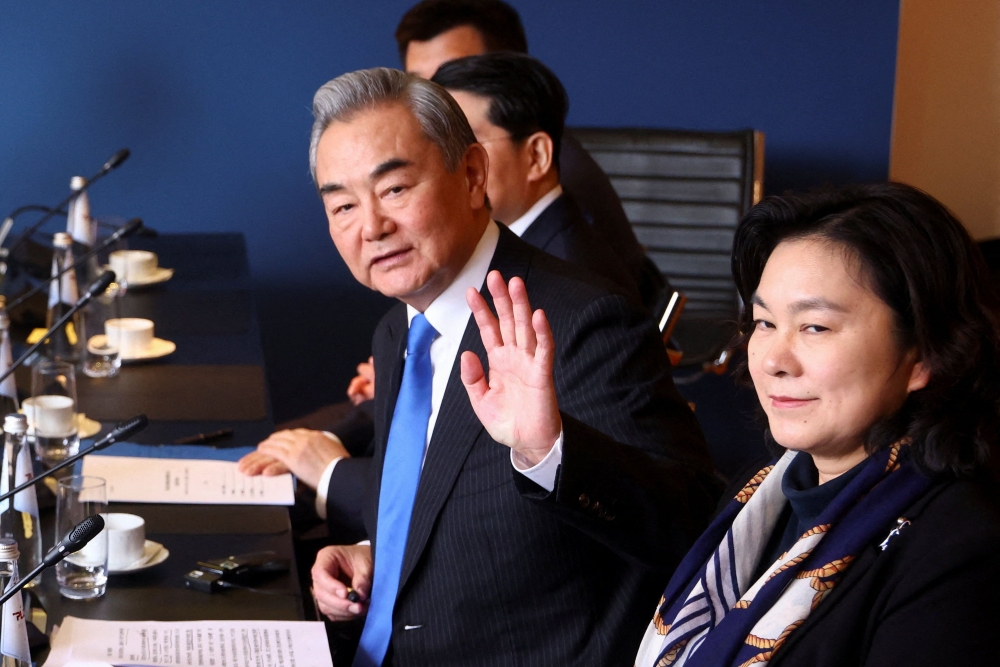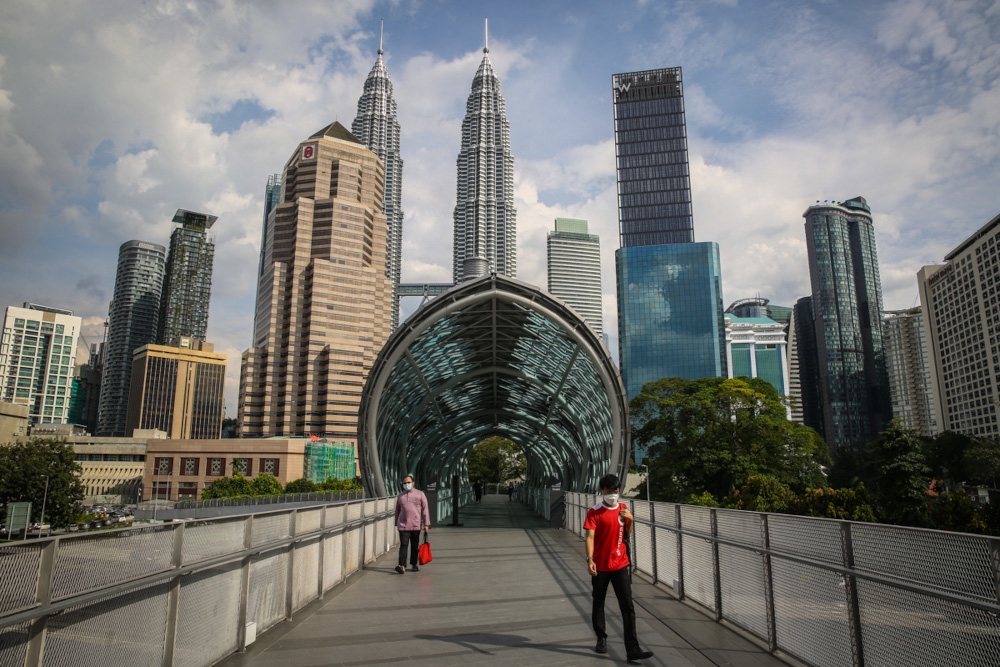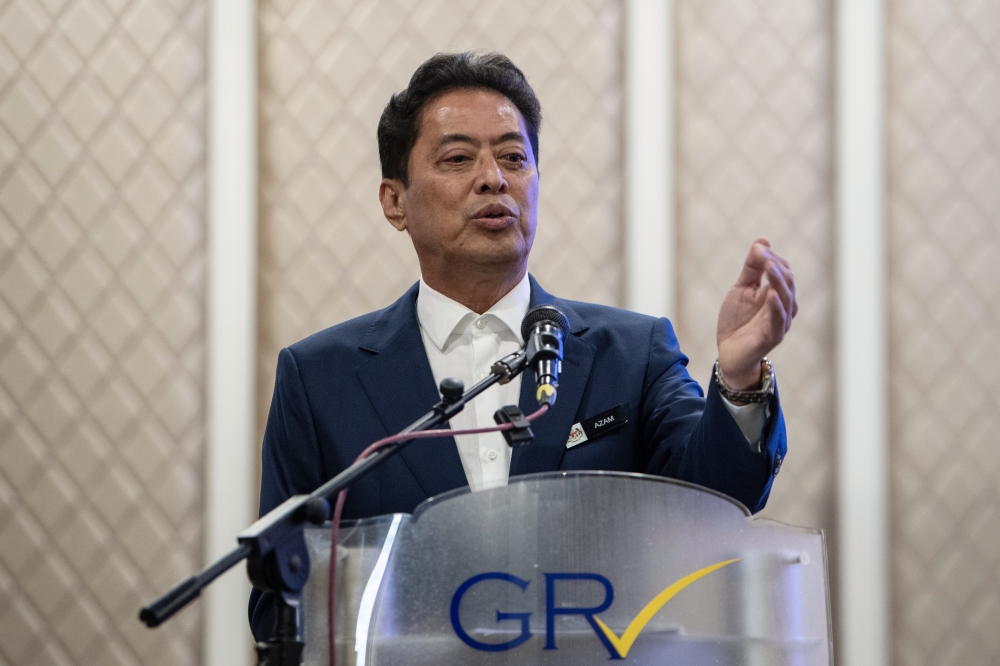MARCH 8 ― A Chinese friend once told me that he would only vote for a Chinese representative, no matter which party they came from.
This is, of course, only one anecdote from a Petaling Jaya voter whose beliefs were not shared by many other Chinese voters who happily supported PAS (back in the Pakatan Rakyat days), or Parti Pribumi Bersatu Malaysia (PPBM) or Amanah during the 14th general election.
From only a dozen parliament seats in the 2004 general election, DAP now has 42 MPs, forming a formidable bloc of 20 per cent of Parliament.
In contrast, MCA at its height only won 31 seats in 2004, or 14 per cent of Parliament.
With only one MP now, MCA together with MIC, which also only has one federal lawmaker, announced vaguely that they want to form a new coalition because they don’t want to be with Umno anymore.
MCA previously announced at its annual general assembly that it would seek Barisan Nasional’s (BN) dissolution, rather than leave the coalition like what other parties such as PBB and Gerakan had done.
But why should BN be dissolved when the brand still has currency? BN’s unprecedented (but timely) loss in the 2018 general election did not mark the end of the coalition as previously thought, since it managed to win a couple of by-elections this year.
BN had contested Cameron Highlands with a direct candidate, while Umno ran in Semenyih under the BN flag.
MCA appears to want to cut off its nose to spite its face. If it can’t have BN, then nobody can.
But MCA’s existential crisis has potential ramifications on Malaysia’s entire political landscape that stubbornly clings on to the identity politics inherited since Merdeka.
Despite being part of government and holding 42 seats in Parliament, DAP has yet to fulfill its key election pledge of recognising the Unified Examination Certificate (UEC) school qualification at the federal level. And even though it has long pushed for local council elections, this has yet to be implemented.
DAP’s Pakatan Harapan (PH) partners, in the mean time, declared their love for the Bumiputera.
Immediately after the Semenyih loss, PKR deputy president Datuk Seri Mohamed Azmin Ali “unapologetically” told PH to fulfil its promises to the Malays and Bumiputera.
So what are the Chinese to do?
The Chinese kicked out MCA after 2004 and swung to DAP. But DAP now appears to face the same challenge of promoting the interests of its key voter base in a delicate tug-of-war with PH’s Malay-dominant parties, who are anxious to be more Malay-Muslim than Umno or PAS.
In a race-based political structure, any party based on ethnic minorities can never form the government on its own. So it has to hook up with other parties formed of other races.
Unfortunately, parties based on ethnic minorities sometimes end up sacrificing their own voter base to please their larger allies, whose promotion of their own ethnic group inevitably paints other races as less worthy of consideration.
And because democracy is a game of numbers, the Chinese and other minorities will always lose in a race-based political structure.
MCA and MIC can choose to go their own way and form a solely non-Malay or non-Muslim coalition so that they are free to advocate minority rights as loudly as they want.
When they run for election, voters know that there is no chance these parties can ever form government. But non-Malays who are unhappy with PH’s inability to further their interests may prefer candidates who unapologetically promote their rights. After all, Malaysians do not always vote government.
This seems to be the only way for MCA and MIC to regain any form of relevance ― by being as vociferous about Chinese and Indian rights on their own, while their opponents DAP and PKR are hamstrung by PPBM’s and Amanah’s efforts to be greater Malay-Muslim champions than Umno and PAS.
After slowly picking up more seats and spending several terms as Opposition, then only can MCA and MIC think about how to form the government.
BN secretary-general Datuk Seri Nazri Aziz already started the ball rolling by declaring the end of BN’s spirit of multiculturalism, after Umno and PAS announced their official collaboration.
All of this is terrible and portends a dark, dangerous, and divisive future for Malaysia. But I suppose the direction we’re headed is the logical conclusion of race politics.
Political leaders could have made a different choice, if not before GE14, then immediately after when the next general election is years away and voters have time to get used to unpopular decisions.
But they didn’t.
They chose instead to perpetuate the old racist BN model that should have been buried decades ago. So now we’re forced to see this all the way through, whatever horrors await us at the end of the tunnel.
* This is the personal opinion of the columnist.






















